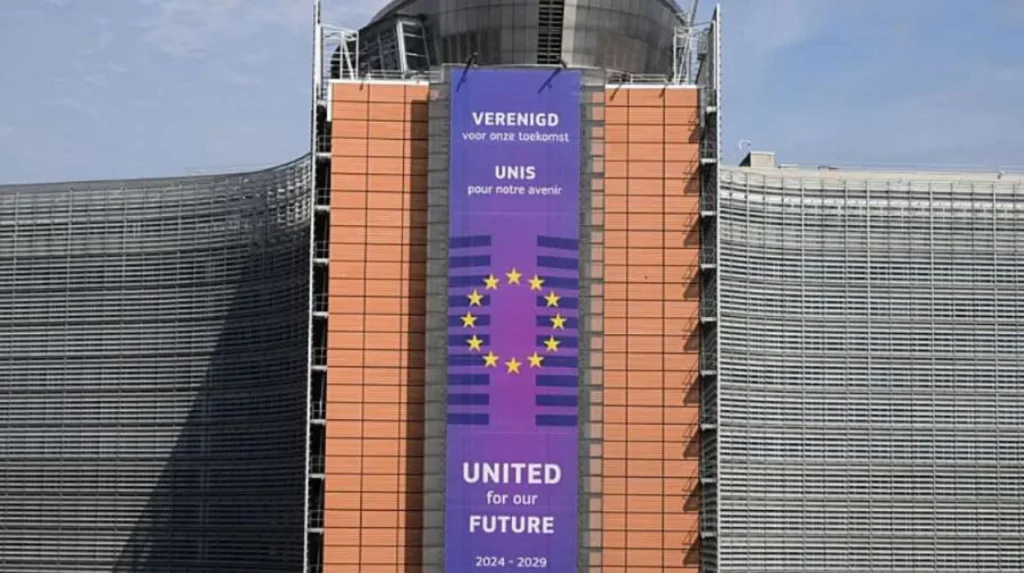The European Union has launched a wide-ranging investigation into a Hungarian espionage ring suspected of spying on EU institutions in Brussels. This development comes amid rising concerns over internal security breaches and the potential exploitation of sensitive information by foreign intelligence services. The case has sent shockwaves throughout EU capitals, raising urgent questions about the integrity of European governance and the need for enhanced counterintelligence efforts.
Background of the Espionage Allegations
The probe was initiated following intelligence reports suggesting a covert network operating within Brussels had been systematically gathering confidential data related to EU policy deliberations. The espionage activities reportedly implicated several individuals with close ties to Hungary, operating under the radar of EU security apparatus.
European Commission officials described the revelations as deeply troubling, with one senior source noting,
“This is not just a breach of trust but a direct threat to the foundational principles of the European Union,”
underlining the gravity of the situation.
While details remain classified, preliminary investigations indicate the spy ring attempted to target diplomatic communications, strategic policy frameworks, and upcoming legislative initiatives. The key motivation appears to be enabling the Hungarian government or unaffiliated actors to gain undue influence over EU decision-making processes.
Scope and Scale of the Investigation
The investigation, spearheaded by the European Anti-Fraud Office (OLAF) in coordination with EU intelligence bodies and Belgian law enforcement, aims to meticulously uncover the scope of the espionage. This includes identifying all individuals involved, determining the methods used to collect and transfer information, and assessing damages to EU institutions.
European Council President Charles Michel emphasized the seriousness of the probe, stating,
“The European Union must remain resilient against any attempts to undermine our unity or security, and this investigation will ensure accountability at every level.”
The coordinated approach reflects a growing recognition of espionage as a sophisticated threat to democratic governance within Europe.
Officials revealed that the investigation is expected to involve several rounds of searches, technical surveillance, and cooperation with other member states. The European Parliament has also called for heightened transparency and increased resources to bolster counterespionage operations across the Union.
Political Repercussions and Hungarian Government’s Reaction
The controversy has escalated tensions between Brussels and Budapest, where Prime Minister Viktor Orbán’s government has frequently come under scrutiny for perceived democratic backsliding and strained relations with EU institutions. The Hungarian government has vehemently denied any state involvement in espionage activities. In an official statement, Justice Minister Judit Varga asserted,
“Hungary categorically rejects accusations of spying on EU institutions. These claims are baseless and politically motivated.”
However, EU officials remain cautious, stressing that the investigation is ongoing and impartial, focusing exclusively on facts rather than political narratives. The incident emerges at a politically sensitive time when Hungary is negotiating crucial EU funding mechanisms contingent on upholding rule of law benchmarks, which Brussels has previously criticized for Hungary’s governance record.
Several member states have expressed solidarity with the EU Commission, warning that espionage rings jeopardize the entire European project and undermine trust among allies. French Foreign Minister Catherine Colonna underscored this point, saying,
“We must preserve the integrity of our institutions. Espionage within the EU is unacceptable and demands a swift and thorough response.”
Implications for EU Security Policies
This incident is likely to accelerate efforts aimed at reinforcing the EU’s internal security frameworks. Experts argue it highlights vulnerabilities in current counterintelligence measures and the need for stronger coordination among member states’ intelligence services. There are calls to develop a comprehensive EU-wide strategy on espionage prevention, including stringent vetting procedures for personnel with access to sensitive information.
Security analysts have pointed out that such espionage attempts are part of wider trends involving state and non-state actors targeting international organizations to sway policy and strategic outcomes.
“The EU must enhance its cyber and human intelligence capabilities if it wants to deter such espionage effectively,”
noted Elena Petrov, a defense and security expert based in Brussels.
The case may also impact EU diplomatic relations beyond Hungary. It has prompted discussions within the European External Action Service (EEAS) about strengthening diplomatic security protocols and improving information sharing across national agencies to better detect and counter espionage activities.
Broader Context: Rising Espionage Concerns in Europe
This investigation fits into a broader European context where multiple countries have recently reported espionage concerns involving foreign powers aiming to infiltrate government networks and international institutions. Increasingly sophisticated cyber tactics and human intelligence operations have raised alarms within NATO and EU agencies.
Brussels-based sources report that the revelations about the Hungarian spy ring have coincided with rising anxieties over information warfare amid geopolitical tensions with Russia and China. Security officials view the incident not in isolation but as part of a competitive intelligence environment threatening the EU’s autonomy in foreign and security policy.
EU counterintelligence officials emphasize that coordinated vigilance and proactive measures are essential to safeguard sensitive information. There is a consensus that the resilience of European institutions depends on transparency and rapid responses to espionage threats.
Next Steps and Anticipated Outcomes
The investigation is expected to continue over the coming months, with OLAF and Belgian authorities conducting detailed forensic analyses and interrogations. The EU Commission has committed to public updates on the probe’s progress, signaling a transparent approach to reassure citizens and member states.
Meanwhile, legislative proposals are on the table to enhance protections for whistleblowers and introduce stricter penalties for espionage offenses within EU jurisdiction. In parallel, there is a push to improve security training for officials and implement advanced technologies to detect security breaches.
A spokesperson for the European Commission affirmed,
“We will ensure that those responsible for undermining our institutions are held accountable, reaffirming the EU’s commitment to democratic values and the rule of law.”
As the investigation unfolds, it will also test the EU’s ability to address internal challenges amid external pressures, highlighting the critical balance between security and openness fundamental to the Union’s functioning.







